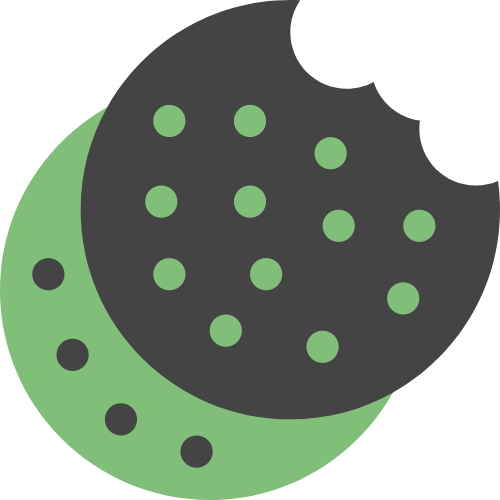- Getting Started
-
by k.mammasis

Urolithins are a class of compounds that are formed when the body metabolizes ellagitannins, which are naturally occurring compounds found in some fruits and nuts, including pomegranates. Urolithins have been the subject of several studies due to their potential health benefits. Here are some reasons why urolithins found in pomegranates are one of the most promising and studied compounds in nutraceutics the last decade:
Urolithins have been shown to have anti-inflammatory effects, which may be beneficial for reducing the risk of chronic diseases, including heart disease, cancer, and diabetes. Chronic inflammation is a common underlying factor in many age-related diseases, so reducing inflammation may be important for overall health and longevity.
Urolithins may have potential benefits for muscle health, including increasing muscle mass and strength. In one study, older adults who consumed a supplement containing urolithin A and exercise had greater gains in muscle mass and strength than those who just exercised.
Urolithins may help to improve mitochondrial function, which are the powerhouses of cells that produce energy. Impaired mitochondrial function has been associated with several age-related diseases, including Alzheimer’s disease and Parkinson’s disease.
Urolithins in pomegranates may have potential benefits for gut health, including reducing inflammation and improving gut bacteria. Pomegranate juice has been shown to reduce inflammation in the gut and improve symptoms in people with inflammatory bowel disease. Find out more about our pomegranate concentrate that holds a polyphenol record, including elligatannins, curcumin extract, and Vitamin D3 that will boost your anti-inflammatory response.














